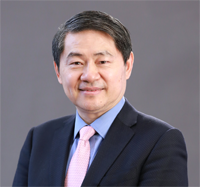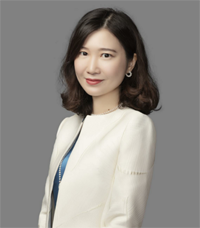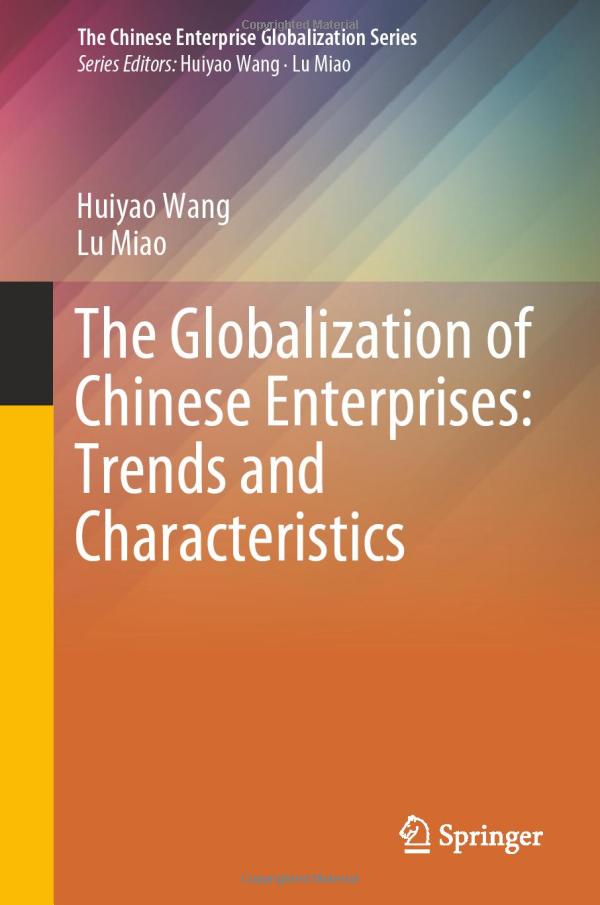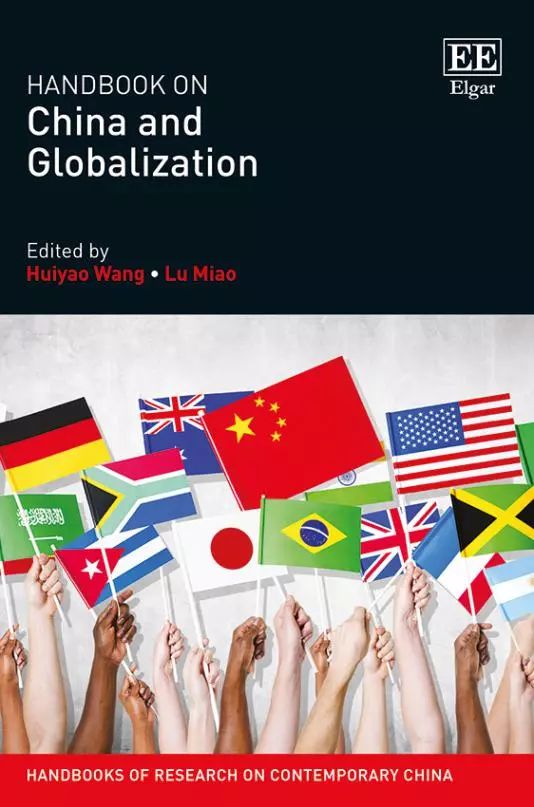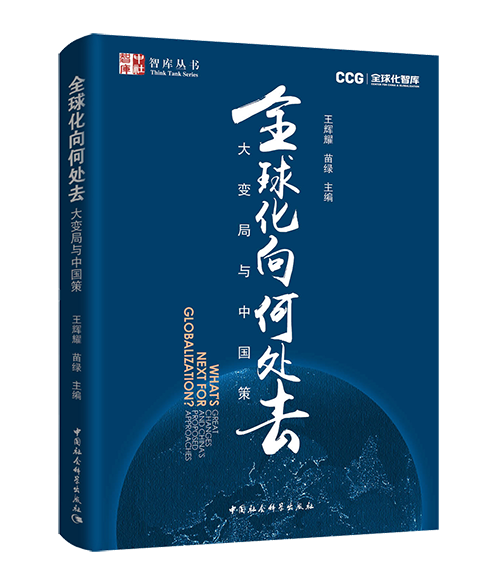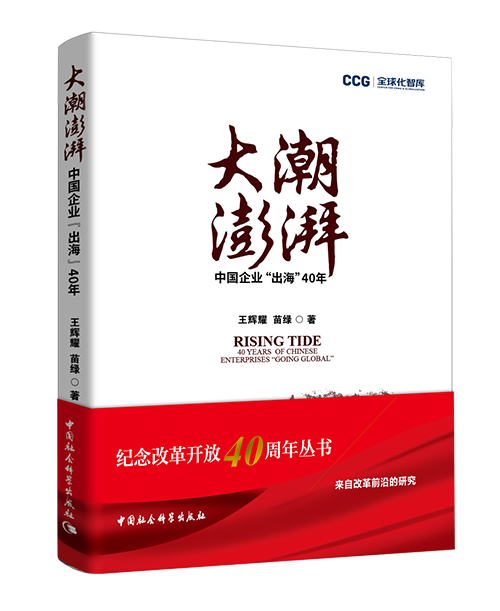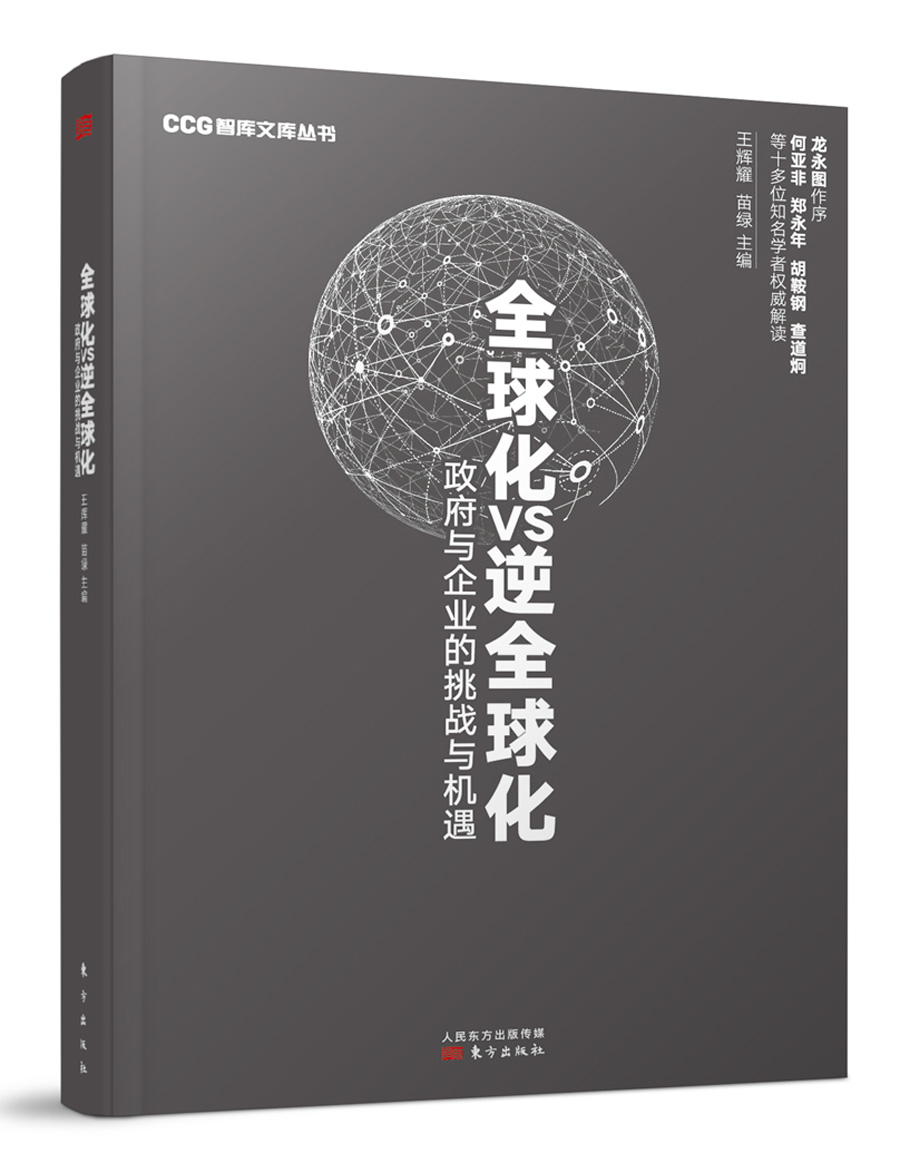Insight:China In a Changing World
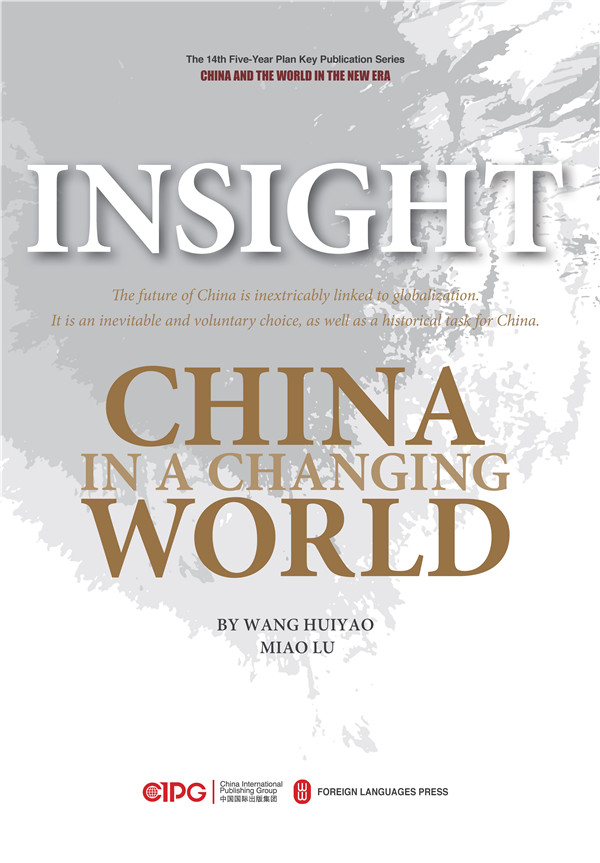
出版机构:Foreign Languages Press
作者:Henry Huiyao Wang, Mabel Lu Miao
发布时间:2023-07
点击封面查看大图
Insight:China In a Changing World
Edited by Henry Huiyao Wang, Ph.D. and Mabel Lu Miao, Ph.D.
Published by Foreign Languages Press
“Insight: China in a Changing World,” edited by Dr. Henry Huiyao Wang and Dr. Mabel Lu Miao. This book collected excerpts from speeches delivered in CCG from more than 30 distinguished contributors, including diplomats, scholars, and business leaders from China, the US, Europe, Asia, Africa, Australia, and other regions. These experts, who have been extensive knowledge of Chinese politics and international relations, bring diverse perspectives on significant global issues and trends.
Notable contributors include Nicholas Rosellini, former UN Resident Coordinator in China; Chee Hong Tat, Senior Minister of State for Finance and Transport of Singapore; Pascal Lamy, former Director-General of the WTO; Long Yongtu, former Vice Minister of Foreign Economic Cooperation and Trade; and business leaders like Cao Dewang of Fuyao Group, Marvin Hung of Hung’s Group, and Wang Shi, founder of Vanke.Their insights provide a broad overview of China’s evolving role in the global landscape, making the book a useful resource for those interested in current global trends and China’s influence.
“Insight: China in a Changing World” delves into current challenges, which are characterized by rapid change and a need for all actors to be flexible and adjust. It discusses the complexities of today’s global environment, which is influenced by factors like populism, unilateralism, and trade friction, all against a backdrop of ever-growing economic interconnectivity. The book also highlights the importance of embracing global diversity and understanding different national, historical, and cultural contexts for better global cooperation.
It also examines the fragmented nature of global governance, positioning China as a key player in a new era of globalization, emphasizing China’s crucial role in shaping global governance and understanding international relations and economics.
The book is divided into five parts, each looking at a different aspects of China’s interaction with the world in the current global context:
The first part revolves around China and the world in a new era, and brings together insights from esteemed personalities including Nicholas Rosellini, former UN Resident Coordinator in China, Roza Otunbayeva, former President of the Kyrgyz Republic, and Chee Hong Tat, Senior Minister of State for Finance and Transport of Singapore, among others. Their perspectives shed light on diverse international relations including UN-China-Asia relations, changing dynamics in China-America-Europe exchanges, and the future of international cooperation.
The second part proceeds under the theme of fragmentation in global governance. This part features perspectives from renowned figures like Pascal Lamy, former Director-General of the WTO with discussions on reform of the WTO, G20, and other global institutions with insights into changes necessary for improving the global governance system.
The third part focuses on China’s path in globalization and includes discussions by Long Yongtu, former Vice Minister of Foreign Economic Cooperation and Trade, and other distinguished figures, who explore how China can play a more constructive role in global governance while advancing continued domestic reforms and becoming more open.
The fourth part highlights entrepreneurship. This section includes insights from Cao Dewang, Chairman of Fuyao Group, and other business leaders, offering practical advice for Chinese businesses on how to adapt corporate culture and expanding globally.
The fifth part focuses on talent and education, including thoughts from Condoleezza Rice, former Secretary of State of the United States, and other leading academicians This part delves into the significance of entrepreneurship education and competitiveness in international talent.
“Insight: China in a Changing World” presents diverse perspectives on China’s role and strategies for success in a dynamic global environment. We highly recommend this book for anyone interested in international relations, global politics, and the changing role of China in international affairs.
Table of Contents
PART I China and the World in the new Era
How should countries co-exist and embrace the new and more complex reality of a connected global economy? What is the best type of international relations? How should China navigate complex international relations in the new era?
China’s significant contribution to the achievement of the 2030 SDGs
Central Asia looks to open trade routes with China as soon as possible
Maintaining a reasonable balance between cooperation and competition is the best approach to international relations
A joint force with a competitive mindset – the future is Asian
China, a middle state
Promoting “dialogue between civilizations” as a way to navigate the complex international landscape
Outlook of China-Africa trade relations
China-Arab cooperation within the framework of the Belt and Road Initiative
Mutual benefits through trade liberalization and multilateral trade reform
PART II A Responsible Major Force: China and Global Governance
As global governance becomes increasingly fragmented, humanity is standing at an unprecedented crossroads. China can only advance in the new era of globalization by accepting reality and actively participating in global governance with an innovative mindset.
Mankind at an unprecedented crossroads
WTO reform: an urgent need
What actions should WTO members take?
Globalization at a crossroads and China’s wisdom
It is time for China to join the CPTPP
AIIB, an example for economic integration in Asia
Promoting BRI: experience from international humanitarian agency
Global governance is undergoing “creative destruction”
Further systematizing cooperation under the Belt and Road Initiative
China: a leader in globalized international trade
PART III Deepening Opening-up and Extensively Participating in Globalization
Since the reform and opening-up, China has kept integrating itself with international practices and thus become one of the prime beneficiaries of globalization. China should continuously pursue reform and opening-up for future development. It should remain on the right path with great resolve, be inclusive to differences, wisely deal with complicated relationships, and face long-term competition patiently.
Reform and opening-up: four decades of China’s integration in and influence on global value chain
Accurately grasping international rules and trends necessary for future reform and opening-up
Repositioning reform and opening-up in the new international landscape
The future of Hong Kong lies in its ability to attract talents and investment
China needs to continue hiding its light
Understanding China’s future from the perspective of civilization
The innovation and future of think tanks
PART IV Promoting Entrepreneurship: going global
In a globalized world, it is not possible for an enterprise to stay comfortable in one place. How should Chinese businesses go global? How to create world-class Chinese multinationals? And how can entrepreneurs find their places in a new world order?
In going global, businesses should understand local culture
Creating the future by integrating innovation of technology and business model
Social innovation spearheads the era of entrepreneurship
“Wangdao” thinking – the most suitable way to sustainable business development for Chinese-funded businesses
In globalization, Chinese businesses are competitive
Developing Chinese multinational companies with the help of “the Triple Package”
PART V Talent globalization: Winning the Future
Talent is a prior resource and the most important factor of production. Against the backdrop of globalization, how can innovation of higher education be realized? How to integrate technology and education in an efficient manner? And how to foster talent who is innovative and enterprising?
Population, innovation and urban planning
Personnel competitiveness central to metropolis construction
The best education in the future comes from AI
University innovation amid globalization
Entrepreneurship can and should be taught
Postscript
About the Authors
Henry Huiyao Wang, Ph.D. is Founder and President of Center for China and Globalization (CCG), ranked among the top 100 think tanks in the world. He is also Dean of the Institute of Development Studies of Southwestern University of Finance and Economics of China, Vice Chairman of the China Association for International Cooperation, and a Director at the Chinese People’s Institute of Foreign Affairs. He is currently a steering committee member of the Paris Peace Forum and an advisory board member at Duke Kunshan University. He has also served as an expert advisor at the World Bank, IOM, and ILO. He pursued his Ph.D. studies at the University of Western Ontario and University of Manchester and he was a senior fellow at Harvard Kennedy School and a visiting fellow at Brookings Institute.
Mabel Lu Miao, Ph.D. is the Secretary-General of CCG, a Munich Security Conference (MSC) Young Leader, and the Deputy Director General of the International Writing Center of Beijing Normal University. She is also an Adjunct Professor at Huaqiao University and an Adjunct Researcher at Beijing Foreign Studies University. She received her Ph.D. in Contemporary Chinese Studies from Beijing Normal University and has been a visiting scholar at New York University’s China House and the Fairbank Center at Harvard University.
